How we can help the music industry flourish: key takeaways from the parliamentary committee on communication and the arts

The House of Representatives standing committee on communication and the arts recently held hearings in Sydney, speaking to various music and media executives on the factors contributing to the growth and sustainability of the Australian music industry.
TMN takes a look at some of the key conversations that took place.
Jane Huxley, managing director, Spotify Australia & New Zealand

On the push to impose a quota on streaming services: “We oppose quotas on the grounds that they’re contrary to the purpose of an on-demand service, such as Spotify, and it’s contrary to what our listeners are asking us for.
“We think that quotas are a means to an end, the end being a thriving music economy in Australia.”
When asked if an algorithm can promote local content: “We strive for a blend between both the algorithm and the human-curated playlists.
“The algorithms are responding to the use of the service by each individual consumer. We, at this stage, are not looking to interrupt that personalisation that is provided to each of our listeners.”
Chris Scadden, head of music and creative development, ABC

What the ABC can do with more funding: “Unearthed is a good place to start because it is a genuine, unique Australian ABC invention.
“It’s the great advantage that the Australian music community has that isn’t possible elsewhere in the world.
“But it’s also a very cheap service and it’s very efficient. Only six full-time staff work on that service.
“The infrastructure is set up. It’s getting old now, but it still works. We have to kick it occasionally to make sure it’s still functioning, but it does work.
“It’s also a success story in that it offers anyone who’s got good music that’s well recorded the opportunity to find that audience.
“Again, we have numerous examples of artists who’ve uploaded a song and that very same day have been played nationally on the radio directly from the bedroom to every person in Australia.”
Joan Warner, CEO, Commercial Radio Australia
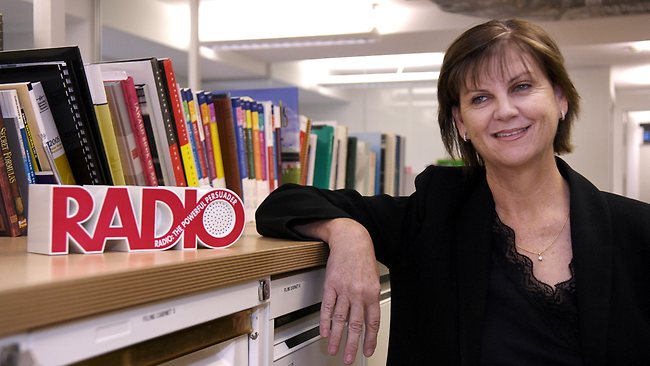
On allegations from the music industry that most Australian music is played at night time, not through the day: “I’d like to see the evidence for that.
“I’d like to see where the evidence was gathered and how it was gathered for someone to say that all Australian music is played late at night—although it is true that all our music stations have music shows in the evenings, because that’s when a lot of young people are listening to the radio.”
On if radio quotas are met or often exceeded: “They’re often exceeded. Sometimes they’re just met, and sometimes it depends entirely on the music that’s available.
“We now have regular meetings with the music industry about this.”
Lynne Small, GM, Phonographic Performance Company of Australia

Lynne Small, General Manager, ARIA & PPCA
On introducing fair market rates for sound recording rights holders when their recordings are used by radio broadcasters: “This longstanding limitation directly impacts the earnings of recording artists and those who invest in them, and it effectively forces the recording industry to subsidise the operations of radio.
“These caps limit the amount that can be charged to no more than one per cent of a station’s gross revenue.
“In regard to the ABC, the fees are capped at half a cent per head of population.
“This amount has not been reviewed, even in relation to cost of living, since it was introduced in 1969.”
Dean Ormston, CEO, APRA AMCOS
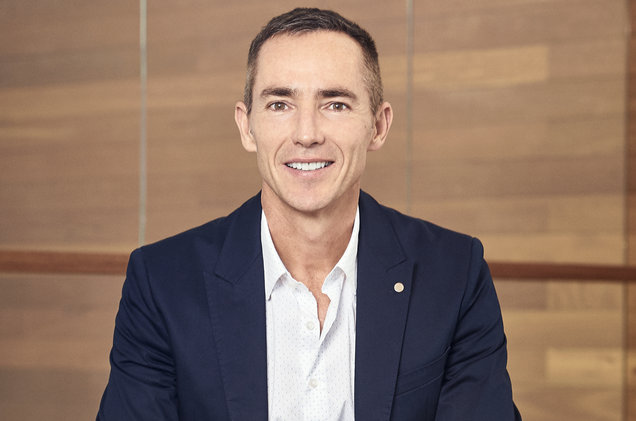
On key goals: “We’ve outlined two key goals in our submission.
“Firstly, a whole-of-government approach to the music industry to fully reflect its cultural, economic and social capacity.
“This would drive employment, exports, local economic rejuvenation, tourism, hospitality, entertainment, youth development and health benefits across regional, remote and metropolitan Australia.
“Secondly, deeper collaboration across the sector with the establishment of a government and industry supported music organisation.
“This would be a policy and program leader to inform, champion and build the songwriting, export, educational and live music success of Australian music.
“Further, we’ve identified five areas for industry and government to prioritise for Australia to reap the social, cultural and economic dividends in transforming from being a music nation to a music powerhouse.
“Briefly, the five priority areas we’ve outlined are, first, a songwriting future. We can learn a lot from Sweden about the longer term benefits of songwriting in education.
“Second is the talent pipeline, by which we mean that we have to address the sustainability of careers within the context of a sustainable industry.
“Third is local content: ensuring Australian artists are seen, heard and employed by utilising incentives, quotas and benchmarks to prioritise locally created musical content across all mediums.
“Fourth is live music: reinvigorating the engine room of the industry with live music venues and giving audiences across regional, remote and metropolitan communities easy access to live music.
“Finally, there is the global stage: setting our sights on being a music exporter and understanding the opportunity of music in soft power.”
Kate Wighton, All Our Exes Live In Texas, APRA AMCOS ambassador
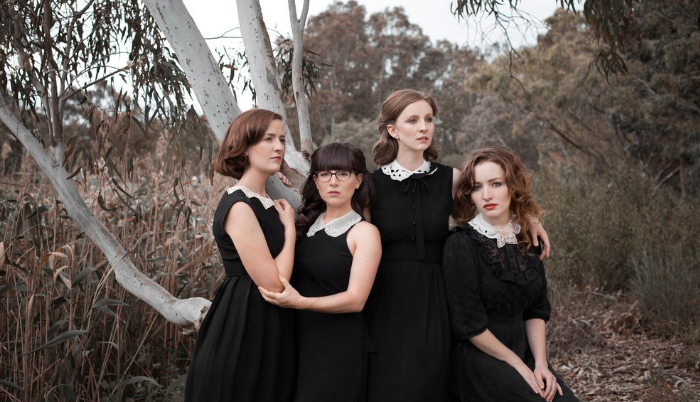
On struggling to live financially: “My band brought in about $350,000 this tax year. I was paid $11,000 of that $350,000.
“That’s not because we have a manager who is tight-fisted and won’t give us the money.
“It’s because we grossed $350,000 but we netted about $50,000.
“So we each took less than five per cent from the year.
“To give you some perspective, we were on the road for like nine months of the year, so I cannot get another job, and $11,000 is below the poverty line.”
Clive Miller, CEO, Support Act Ltd
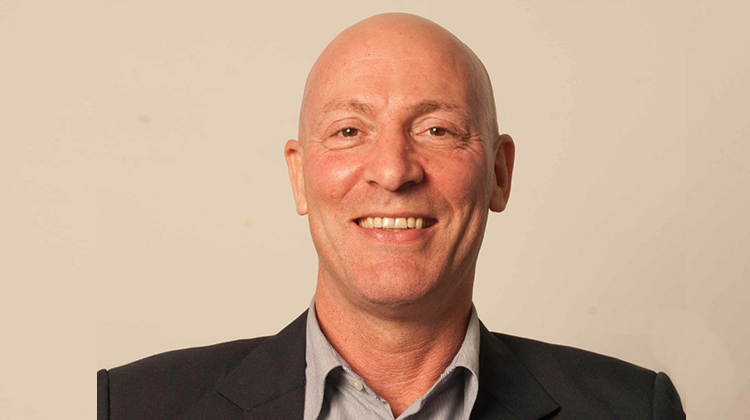
On training and educating musicians: “We often hear artists referring to themselves as small businesses.
“There is a lot of training and education that could be provided in that regard on how to run a small business and how to access services that are available to small businesses.”
Miller talked about the music industry being included in government plans for small businesses to have healthy workplace strategies as part of its workplace, and for the music industry to set up an infrastructure similar to sports bodies to help their players with mental health issues.
Timothy De Souza, director, Nightlife Music
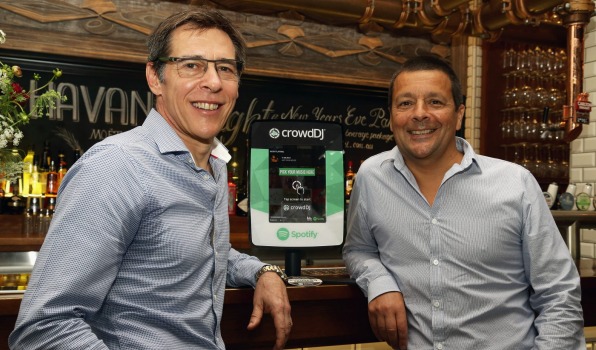
On a level playing field for the background music business: “It is critical for the committee to understand that consumer streaming services like Spotify, Apple Music, YouTube and others are not licensed or legitimate sources for playing recorded music in public.
“Despite the global trending growth, the background music sector in Australia is contracting.
“We estimate that less than 25 per cent of the public performance market of background music in Australia is legitimately licensed.
“There is huge potential for growth.
“The collection societies are swallowing up the revenue, but you hear very little about how and where the income is distributed.”






























